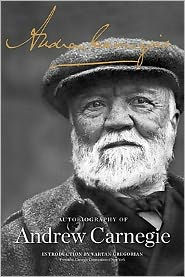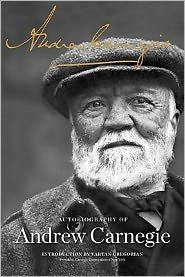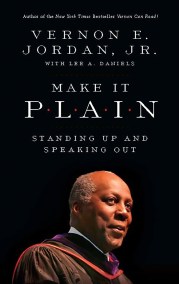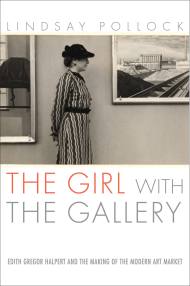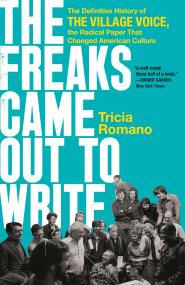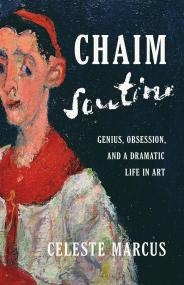By clicking “Accept,” you agree to the use of cookies and similar technologies on your device as set forth in our Cookie Policy and our Privacy Policy. Please note that certain cookies are essential for this website to function properly and do not require user consent to be deployed.
The Autobiography of Andrew Carnegie
Contributors
By Andrew Carnegie
Formats and Prices
- On Sale
- Jun 28, 2011
- Page Count
- 416 pages
- Publisher
- PublicAffairs
- ISBN-13
- 9781610390828
Price
$19.99Price
$23.00 CADFormat
Format:
- Trade Paperback $19.99 $23.00 CAD
- ebook $12.99 $16.99 CAD
This item is a preorder. Your payment method will be charged immediately, and the product is expected to ship on or around June 28, 2011. This date is subject to change due to shipping delays beyond our control.
Buy from Other Retailers:
Born in 1835, he emigrated with his family to the United States from Scotland at a young age. His first job was in a cotton factory, and he later worked as an errand boy. The industrial age brought great opportunities for Mr. Carnegie. With drive and hard work, he amassed a fortune as a steel tycoon, and by adulthood the errand boy was one of the richest and most generous men in the United States. A strong dedication to giving back guided him throughout his life and career. During his own lifetime, he put his ideas into action by creating a family of organizations that continue to work toward improving the human condition, advancing international peace, strengthening democracy, and creating social progress that benefits men, women and children both in the United States and around the globe.
Here, in the reissue of the classic autobiography that has inspired generations, is the rags-to-riches tale of the life and philosophies of one of the most celebrated industrialists and philanthropists in history. From his humble beginnings as a poor Scottish immigrant to his immense success in business, Andrew Carnegie outlines the principles that he lived by and that today serve as the pillars of modern philanthropy.
Newsletter Signup
By clicking ‘Sign Up,’ I acknowledge that I have read and agree to Hachette Book Group’s Privacy Policy and Terms of Use
